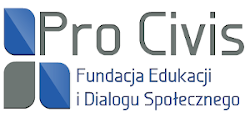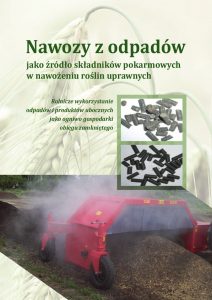Agricultural use of waste as a link of the Circular Economy Value Chain – Fertilisers derived from waste and by-products as a source of nutrients for plants and a factor for improving soil fertility
The handbook is consistent with the European Union’s action plan for the circular economy, which encourages the Member States to produce fertilisers derived from organic or secondary raw materials and creates new opportunities for their production and marketing on a large scale. This book is a material for education on circular economy focused on broadly understood sustainable management of plant nutrients in agriculture. In addition to basic information on the essence of the circular economy and fertililising potential of the broadly understood waste, it presents innovative technologies for processing various wastes into fertilisers of agro-ecological utility. It also contains a basic compendium of knowledge in the field of legal aspects related to the use of fertilisers.
The handbook presents the concept of a circular economy focused on the natural recycling of waste mineral components, extending the concept of nature resources as an object of management, as well as presenting the EU strategy for the bioeconomy, in particular in relation to fertilising use of waste.
You can buy it via https://allegro.pl/oferta/nawozy-z-odpadow-9748701463 or contact m.kosecki@procivis.org.pl

